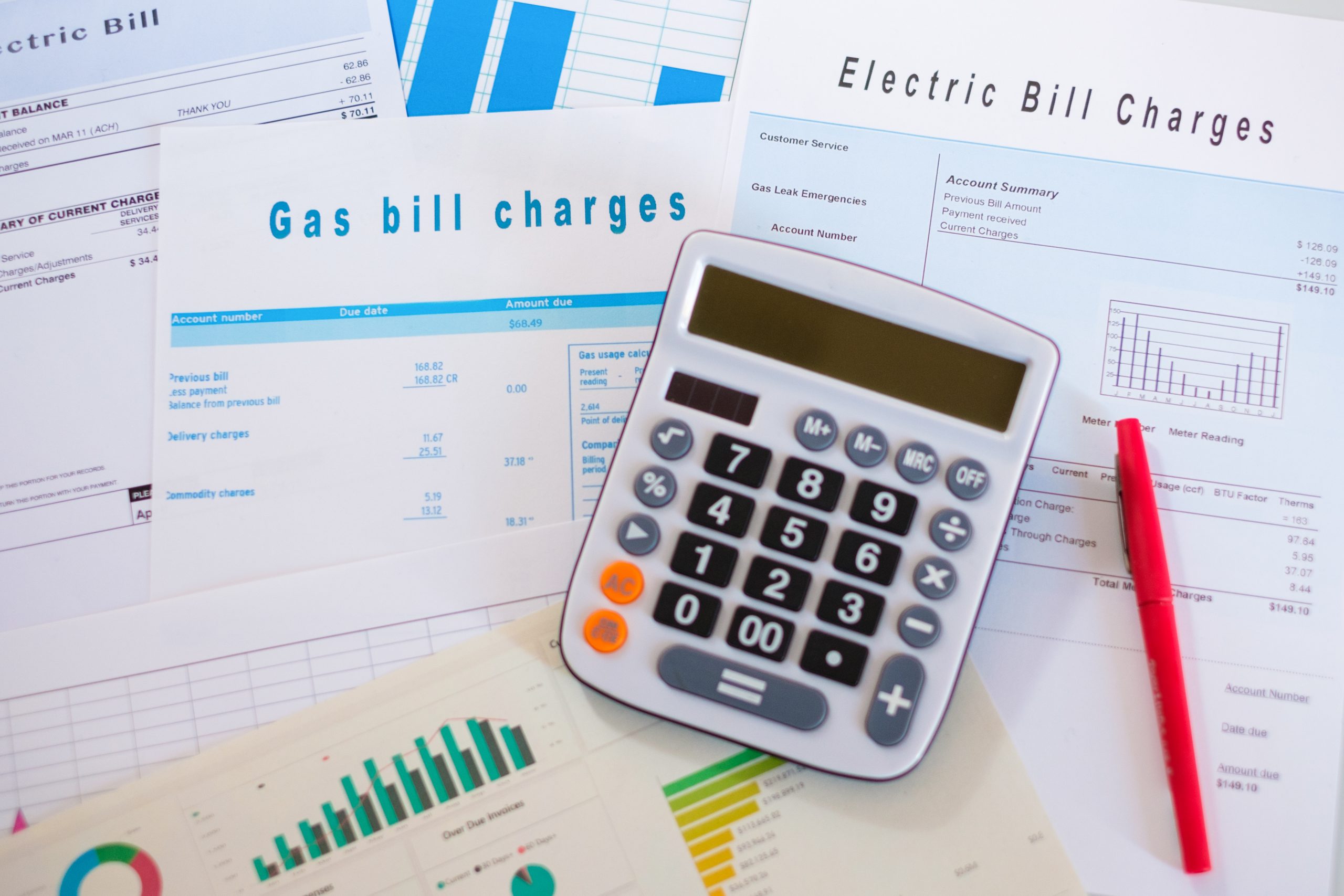Household Bills
Energy bills predicted to fall to under £1,900 in October

Average energy bills are projected to fall back in October before rising in January 2024, a leading energy insight group has suggested.
Starting from October 2023, the energy price cap is forecast to stand at £1,871 per year – currently set at £2,074 from 1 July – a £200 saving for average billpayers.
According to analysts at Cornwall Insight, the energy price cap will then rise slightly to £1,900 a year from January 2024.
It explained that the fall in the average price cap prediction is due to the way industry regulator Ofgem calculates the level, which is based on typical consumption for a dual fuel household paying by direct debit.
Ofgem has actually revised the levels it set for the average household gas and electricity consumption which will come into effect in October.
This means the average household electricity consumption will reduce from 2,900 kWh per annum to 2,700 kWh. For gas, it will fall from 12,000 kWh to 11,500 kWh.

Wellness and wellbeing holidays: Travel insurance is essential for your peace of mind
Out of the pandemic lockdowns, there’s a greater emphasis on wellbeing and wellness, with
Sponsored by Post Office
Ofgem reviews these levels every couple of years using data from the previous two years’ average household consumption, and Cornwall Insight said these new numbers are factored into its projections going forwards.
Had these average consumption figures not been revised down, Cornwall Insight projected the energy price cap would stand at £1,978 in October and £2,004 in January 2024.
However, while the energy price cap gives billpayers an indication of what a typical household will pay, it’s not a maximum bill and the price you’ll pay will depend on your own energy use.
‘Bills well above historic levels’
Dr Craig Lowrey, principal consultant at Cornwall Insight, said: “While typical household predictions may provide some insight for consumers, households are still facing the challenge of bills that are well above historic levels. This situation brings us back to the question of the cap’s purpose – as doubts about the cap’s effectiveness in protecting consumers and its impact on tariff competition become a regular part of energy discussions.
“In light of this, it becomes crucial to explore alternative measures that can better protect consumers, promote fair competition, and ensure affordable and transparent energy pricing for all. The exploration of options such as social tariffs, energy efficiency initiatives, and various other avenues should be prioritised.
“Any reductions in the price cap should not diminish the sense of urgency in implementing necessary changes. The protection of vulnerable households from high energy bills remains a pressing issue that requires immediate attention.”